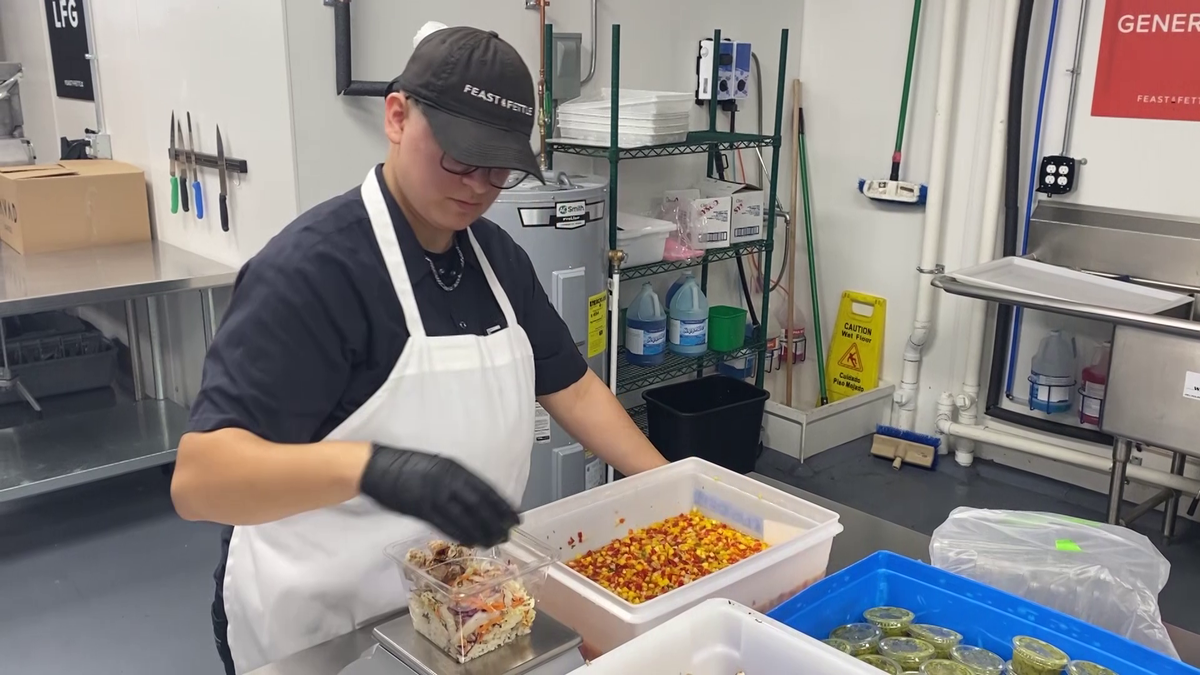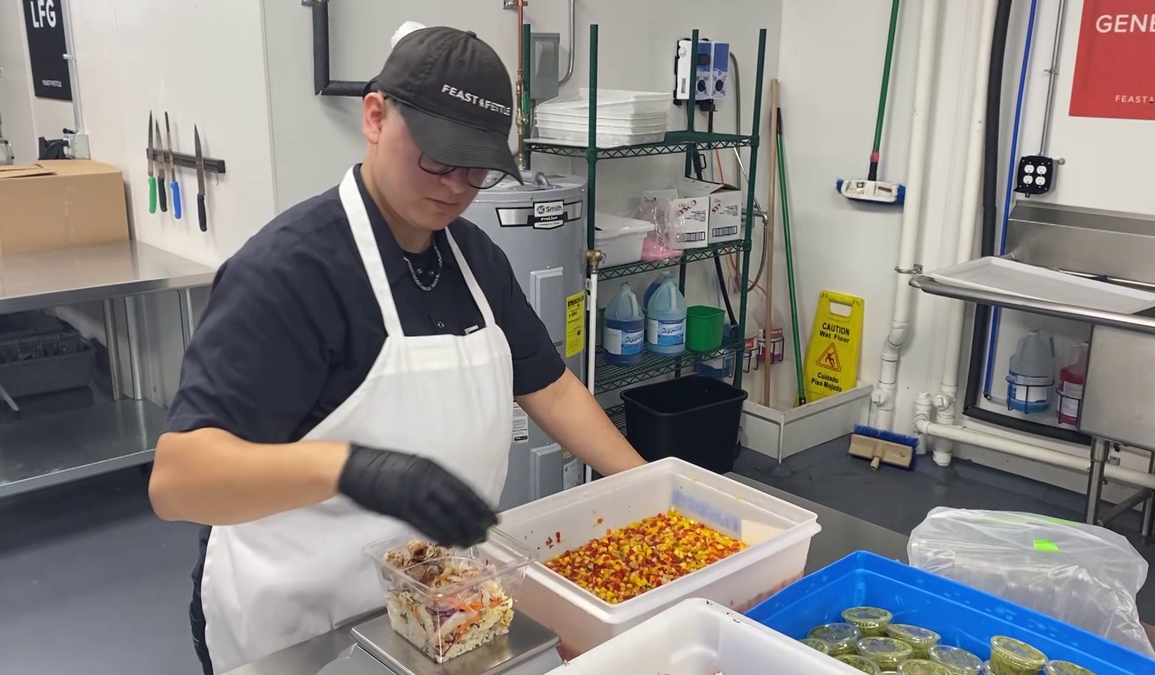
Racial inequalities in the health of Boston mothers and families inspired a recent program aimed at improving outcomes for families of color who’ve recently welcomed newborns.Fourteen families participated in the 10-week meal delivery program, organized by the Boston Public Health Commission. The families were also connected to other health programs and received at-home visits from nurses who helped during the postpartum period. The pilot program was inspired by the findings of BPHC’s 2023 Maternal and Child Health of Boston Report, according to the commission’s executive director, Dr. Bisola Ojikutu. That report found the infant mortality rate among Black infants in Boston was more than twice the citywide average and more than three times the rate for white infants. Black infants were also more likely to be born early or with low birth weight. Additionally, according to state data, Black women in Massachusetts are 1.9 times more likely to die during pregnancy or within one year of the postpartum period. They also have a 70% greater risk of severe maternal morbidity.Families were selected for the pilot program through either their participation in the Boston Health Start Initiative or through seeking services at affiliated health care centers in Dorchester, Roxbury, or Mattapan. Through BPHC’s pilot program, participating families received snacks and two meals each week. “As a mother of two myself, I know how vital and how hard the postpartum period is, mentally and emotionally,” said Maggie Pearson, founder of meal delivery service Feast & Fettle, which was selected to provide the meals for this program. “Knowing that they have this very nutritious meal to kind of help them through those first few weeks, makes me very excited and really proud of the work we do here,” said Fernanda Poyant, a clinical social worker with Feast & Fettle. Mothers in the program were also given a breastfeeding kit.At the end of 10 weeks, the families were asked to submit feedback surveys about the experience. “Even though this is currently a one-time pilot, this program is an advancement of our current work and a way to explore possibilities of what the future of helping families in Boston can look like,” said Uchenna Ndulue, director of the Child, Adolescent, and Family Health Bureau at the Boston Public Health Commission.The Commission has more resources for new families at this link.
Racial inequalities in the health of Boston mothers and families inspired a recent program aimed at improving outcomes for families of color who’ve recently welcomed newborns.
Fourteen families participated in the 10-week meal delivery program, organized by the Boston Public Health Commission. The families were also connected to other health programs and received at-home visits from nurses who helped during the postpartum period.
Advertisement
The pilot program was inspired by the findings of BPHC’s 2023 Maternal and Child Health of Boston Report, according to the commission’s executive director, Dr. Bisola Ojikutu. That report found the infant mortality rate among Black infants in Boston was more than twice the citywide average and more than three times the rate for white infants.
Black infants were also more likely to be born early or with low birth weight.
Additionally, according to state data, Black women in Massachusetts are 1.9 times more likely to die during pregnancy or within one year of the postpartum period. They also have a 70% greater risk of severe maternal morbidity.
Families were selected for the pilot program through either their participation in the Boston Health Start Initiative or through seeking services at affiliated health care centers in Dorchester, Roxbury, or Mattapan. Through BPHC’s pilot program, participating families received snacks and two meals each week.
“As a mother of two myself, I know how vital and how hard the postpartum period is, mentally and emotionally,” said Maggie Pearson, founder of meal delivery service Feast & Fettle, which was selected to provide the meals for this program.
“Knowing that they have this very nutritious meal to kind of help them through those first few weeks, makes me very excited and really proud of the work we do here,” said Fernanda Poyant, a clinical social worker with Feast & Fettle.
Mothers in the program were also given a breastfeeding kit.
At the end of 10 weeks, the families were asked to submit feedback surveys about the experience.
“Even though this is currently a one-time pilot, this program is an advancement of our current work and a way to explore possibilities of what the future of helping families in Boston can look like,” said Uchenna Ndulue, director of the Child, Adolescent, and Family Health Bureau at the Boston Public Health Commission.
The Commission has more resources for new families at this link.



